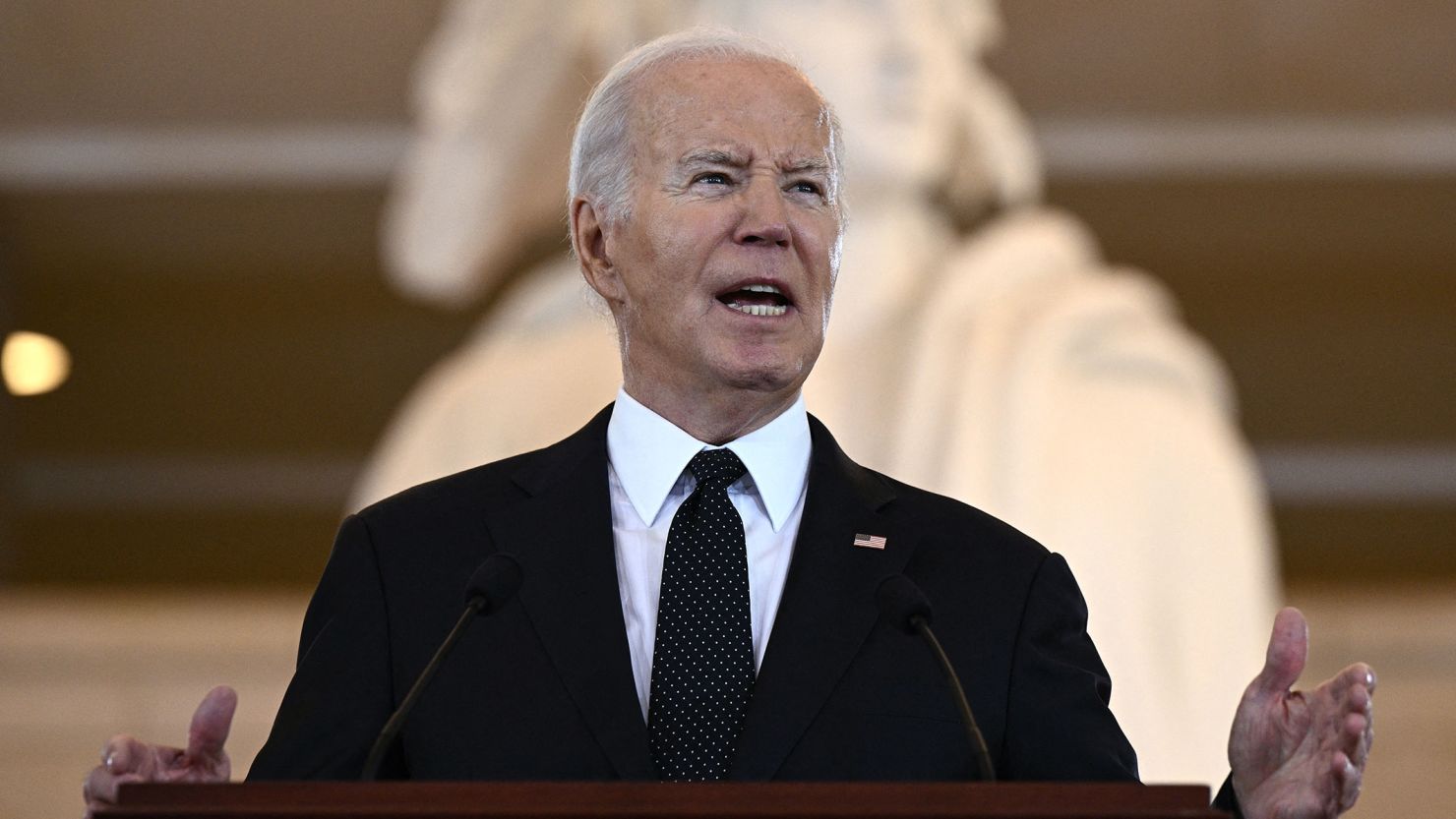The Biden administration has been busy making new rules to give workers and consumers more power. This comes as the president tries to boost confidence in the economy before the upcoming election, which is expected to be close.
Last Tuesday, the Federal Trade Commission (FTC) decided to stop companies from using noncompete agreements. These agreements stop employees from working for other companies or starting their own businesses after leaving a job.
On the same day, the Department of Labor made a rule. It says workers who make less than $59,000 a year should get paid for working overtime. The Department of Transportation also made two rules. They say airlines must give automatic refunds for canceled or delayed flights and tell passengers about fees upfront.

These rules are all about making sure the economy works fairly for everyone, said Rakeen Mabud, an economist.
The Biden administration is making these changes because many people are worried about the economy. While Biden is not far behind Trump in the polls, more people think Trump is better at handling the economy.
People’s confidence in the economy has gone down recently, especially as prices have gone up a bit. The government might not lower interest rates soon because of this.
Some experts think Biden’s new rules might not change people’s opinions much. But others say they’re important for workers and could help Biden win over more voters.
